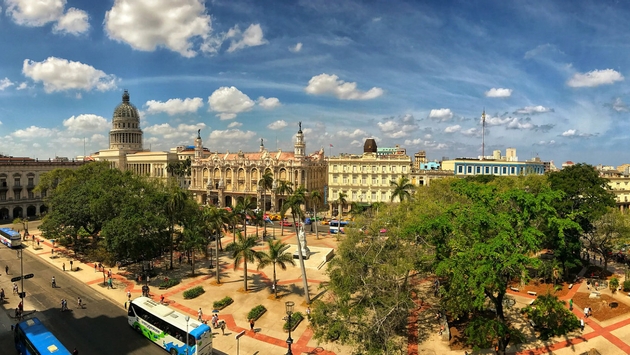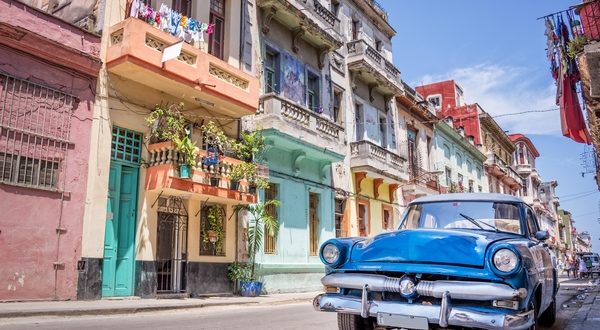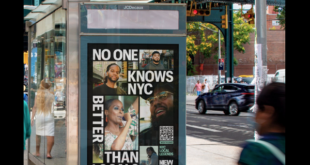[ad_1]
After a year of declining arrivals, likely tied travel advisories and media reports that left travelers mostly confused about the destination, visitation to Cuba appears to be on the upswing again.
A new report from the non-profit Center for Responsible Travel (CREST), says U.S. travel to Cuba showed that about 54 percent of respondents involved in people-to-people travel expect their bookings to the island nation to increase in 2019 compared to 2018.
The same survey found that U.S. travel to Cuba declined for the majority of tour operators in 2018 compared to 2017, with 95.24 percent of respondents citing the U.S. State Department’s level three travel advisory for Cuba as a reason for the decline.
During a recent conference call with the media, travel industry officials explained that as news headlines about Cuba have changed, shifting away from travel advisories, stories about the closure of U.S. embassies and mysterious illnesses plaguing U.S. embassy officials on the island, travel arrivals have begun increasing once again.
“There’s been an incredible growth in bookings in the last six months,” said Collin Laverty, president of Cuba Educational Travel. “I would attribute that to the narrative in the media. As the narrative has changed back to focusing on the island’s music and arts, there isn’t as much confusion about traveling there.”
In August 2018 the State Department changed its travel advisory from level three “Reconsider Travel” to level two, “Exercise Increased Caution,” which is an important development for U.S. travelers. With its current level two travel advisory rating, Cuba is in the same State Department category as most of Europe.
The good news for the Caribbean island nation comes just as Havana approaches its 500th anniversary, an occasion that will bring with it a number of notable events and celebrations, including the expansion of its cultural programming and infrastructure, breathing new life to the capital city.

The Biennial, a wildly popular event that draws artists from across the globe to showcase their works, will take place in Havana from April 12 through May 19. Last year’s Biennial had been canceled after hurricanes devastated much of the Caribbean.
Another cultural highlight on the island this year will be the 15th International Film Festival of Gibara, which will take place in June, bringing together a line-up of Cuban independent filmmakers.
All of the cultural happenings are just part of the good news for travelers.
Laverty also said during the media call that lodging options on the island continue to multiply. In particular, he mentioned colonial mansions being turned into boutique hotels and various well-known brands preparing to open locations on the island, among them Iberostar and Kempinski.
“We went from a situation in 2014, 2015, and 2016 where changes by President Obama led to an increase in travel and we got to a point where you almost couldn’t get a hotel room in Havana on many nights of the year,” said Laverty. “Now, you’re seeing Kempinski open a truly five-star property. Iberostar is opening a new property and two to three more properties are on the way. And because there is more supply, prices have come down, so there is more equilibrium between prices and quality.”
And in still more good news for Cuba, the country is also set to continue to draw educational travelers of all ages.
Of CREST’s survey respondents involved in U.S. study abroad travel to Cuba, 60 percent said they expect their Cuba study abroad bookings to increase in 2019.
Academic Travel Abroad (ATA), through its study abroad division, CET Academic Programs, has plans to establish a high school program in Havana and a college semester-long program in Santiago.
ATA is also seeing continued interest in its people-to-people programs sponsored by organizations like the Los Angeles Times, the American Institute of Architects, and the National Trust for Historic Preservation.
“We hope that the exciting events and developments to come in 2019 elevate overall awareness of the destination and that Americans are reassured that it is legal and safe to travel to this unique and compelling destination,” said Kate Simpson Academic Travel Abroad’s president.
[ad_2]You can read more of the news on source
 Travelsmart
Travelsmart



